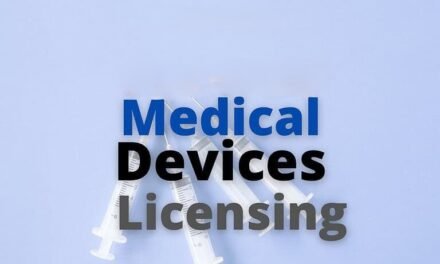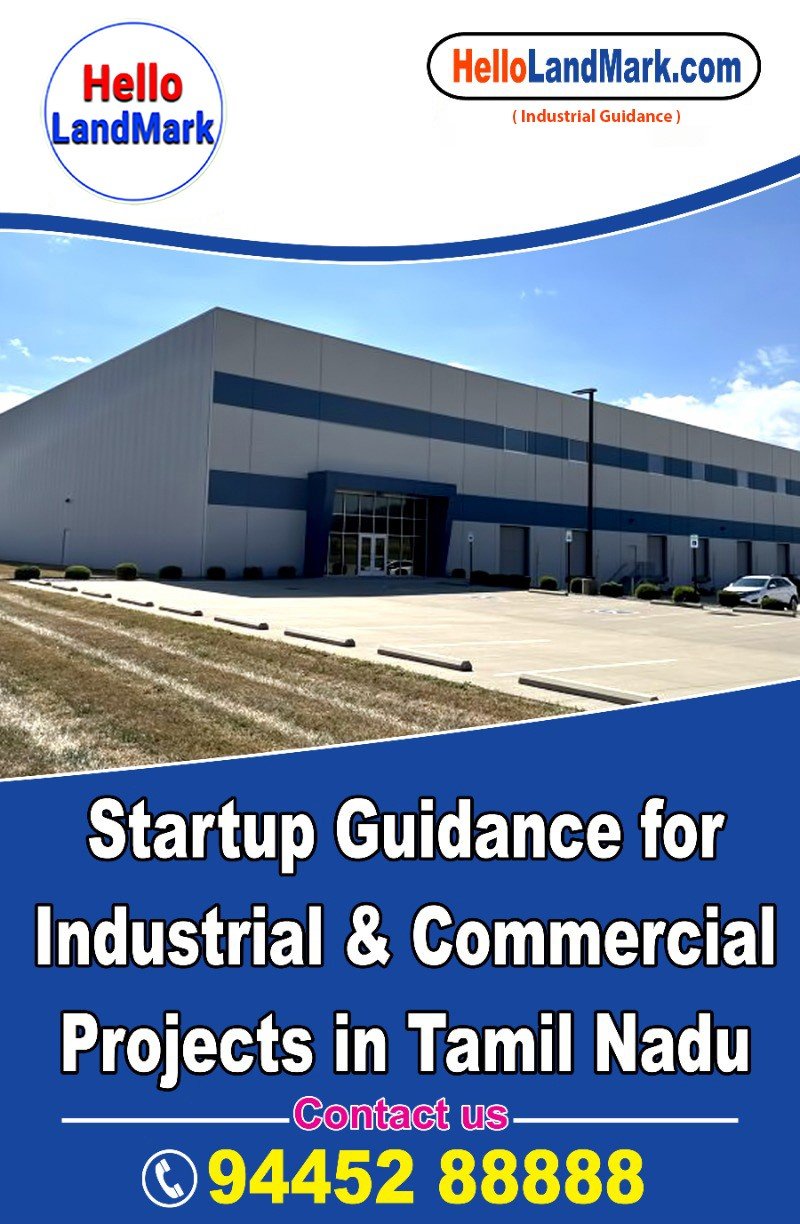
Establishment of Translation and Compliance of the Medical Device Industry?

Tamil Nadu’s medical device industry is actively enhancing its global competitiveness by focusing on translation and regulatory compliance. This involves ensuring that all product-related documentation is accurately translated and adheres to international standards, facilitating smoother market entry and user safety.
1. Importance of Translation in the Medical Device Industry
- Regulatory Requirements: Global markets mandate that medical device documentation—including user manuals, Instructions for Use (IFUs), and product labels—be available in the local languages of the regions where the devices are marketed. Accurate translations are essential to meet these regulatory standards and to ensure that devices can be used safely and effectively by healthcare professionals and patients.
- User Safety and Compliance: Precise translations prevent misinterpretation of device usage instructions, thereby reducing the risk of user errors and enhancing patient safety. This is critical in maintaining compliance with international regulations and in upholding the manufacturer’s reputation
2. Adherence to International Standards
- ISO 13485:2016 Certification: This standard specifies requirements for a quality management system where an organization needs to demonstrate its ability to provide medical devices and related services that consistently meet customer and applicable regulatory requirements. Compliance with ISO 13485:2016 ensures that translation processes are standardized and meet global quality benchmarks.
- Quality Assurance in Translations: Implementing rigorous quality control measures, such as back translation and validation by subject matter experts, ensures that translated documents maintain the integrity and accuracy of the original content.
3. Role of Industry Associations
- Association of Tamil Nadu Medical Device Industry (ATMED): Established in August 2023, ATMED fosters collaboration, innovation, and growth within the medical device sector in Tamil Nadu. The association actively engages with regulatory bodies and government agencies to advocate for policies that support the industry’s development, including aspects related to translation and compliance.
4. Government Initiatives
- Medical Device Parks: The State Industries Promotion Corporation of Tamil Nadu (SIPCOT) is setting up a medical devices park at Oragadam, aiming to house more than 80 companies producing a range of medical devices. This initiative provides infrastructure that supports compliance with international standards, including those related to documentation and translation.
5. Challenges and Considerations
- Regulatory Translation: The process involves translating documentation pertaining to the approval and compliance of medical devices, which requires specific training and subject matter knowledge due to the highly technical and regulated nature of medical texts.
- Ensuring Accuracy: Given the technical complexity of medical device documentation, ensuring translation accuracy is paramount. Errors can lead to serious consequences, including regulatory fines or harm to patients
Conclusion
By prioritizing accurate translation and strict compliance with international standards, Tamil Nadu’s medical device industry is strengthening its position in the global market. These efforts not only facilitate smoother regulatory approvals but also ensure that medical devices are used safely and effectively worldwide.




























